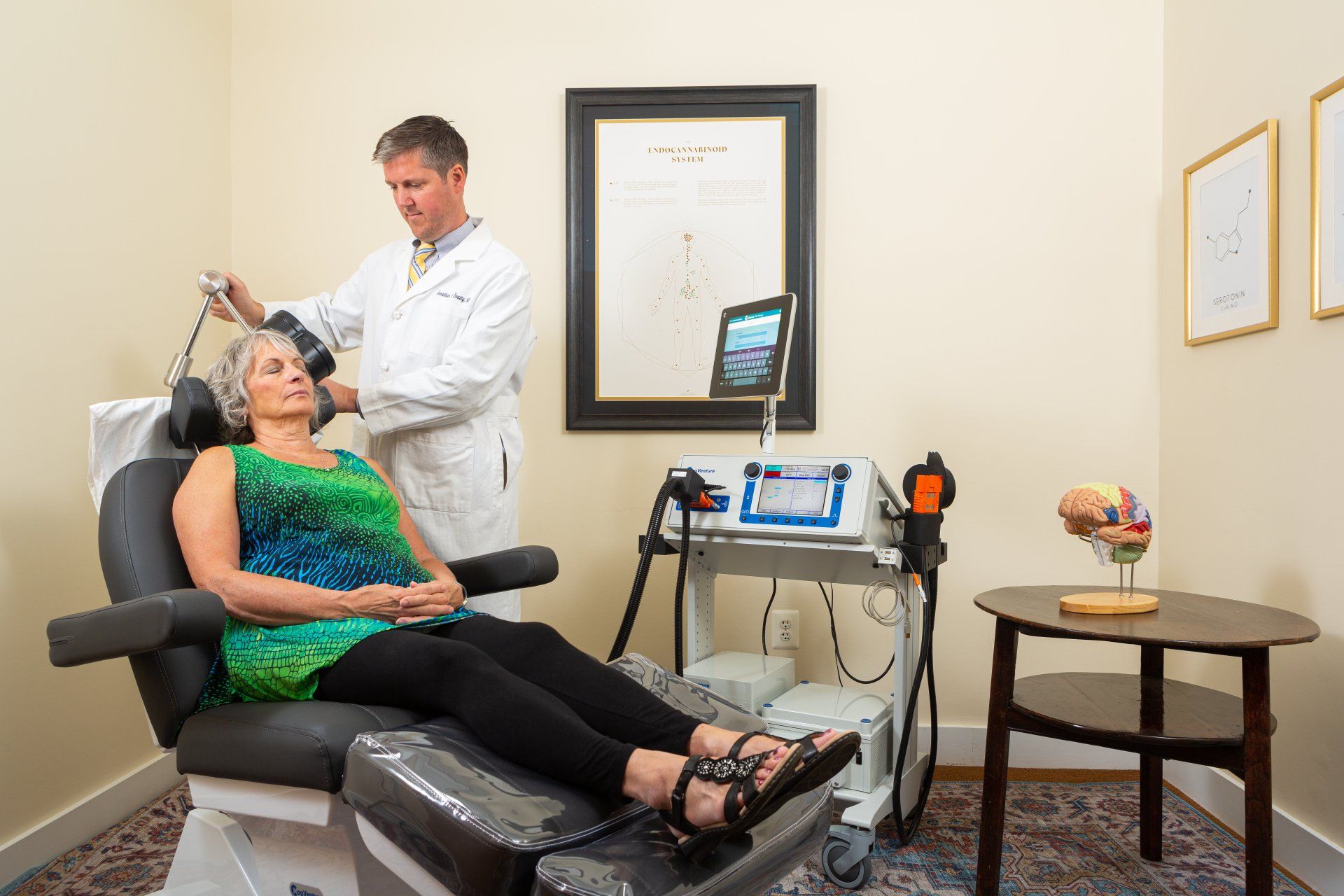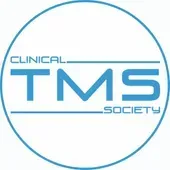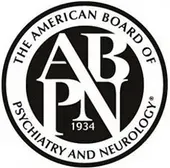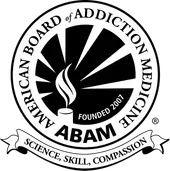How to Help a Spouse Struggling with Addiction
Wave Treatment Centers
How to Help a Spouse Struggling with Addiction
Addiction is an unfortunately common problem in the United States today. According to the National Institutes of Health , about one in ten American adults struggle with addiction at some point in their lives. If your spouse had a substance abuse problem, would you notice the symptoms? Would you know how to help a spouse who is struggling with addiction?
What is Addiction?
Addiction is not simply a lack of willpower. If your spouse has become addicted to alcohol or another drug, they have a serious condition. They need help.
People who develop an addiction experience cravings for the substance they’ve grown dependent upon. Also, once they start using the substance, they may be unable to stop. If they can’t get the substance, they may experience painful symptoms.
It is important to understand that addiction is a chronic, progressive substance use disorder. If your spouse does not get proper care, their struggles will not disappear. The progressive nature of addiction means that the effects of this disorder will grow worse over time.
Signs of Addiction in a Spouse
Marriage vows often include the promise to support each other for better and for worse. Most people think of these circumstances in terms of financial stability and physical well-being. However, what they don’t often consider is that the person they love might become addicted. The following signs may indicate your spouse has become addicted to alcohol or another drug:
- Significant changes in mood and energy level
- Change in appetite and resultant weight loss or gain
- Frequently missing school, work, or other important activities
- Being secretive or deceptive about where they’re going and what they’re doing
- Unexplained financial problems
- Acting with uncharacteristic recklessness or violence
- Apparent lack of attention to hygiene and grooming
- Needing to use alcohol or other drugs to experience joy or cope with sadness
- Needing to use substances to wake up in the morning or get to sleep at night
In conclusion, if your spouse has been demonstrating any of these signs of addiction, they should consult with your family doctor or another professional. This person can assess their symptoms, provide an accurate diagnosis, and offer recommendations for treatment.
Helping vs. Enabling
Learning how to help a spouse struggling with addiction can be a challenge. In addition to understanding what you should be doing, you also need to identify the behaviors you should avoid. When you know the difference, you can be sure you’re helping your spouse, not enabling them.
Helpful activities can include encouraging them to get treatment, taking them to appointments, and reminding them that they are worthy of love and support.
Enabling activities can include acquiring substances for them. In addition, it can include covering for them when their substance abuse leads to problems and refusing to admit they need help.
How to Help a Spouse Struggling with Addiction
Discovering that your spouse has developed a substance use disorder can be confusing and frightening. Here are a few simple ways you can help a spouse who’s struggling with addiction:
- Let them know they have your full support.
- Share your concerns and listen to their response.
- Research treatment options.
- Identify providers that can help your spouse.
- Discuss the importance of getting help without ultimatums.
- Find a therapist or counselor for yourself. Addiction impacts entire families.
- Participate in family programming if your spouse’s treatment center provides it.
In other words, you may not be able to cure your spouse’s addiction, but you can make a big difference.
The Importance of Support in Recovery
Addiction recovery is a lifelong endeavor. People who are in recovery work every day to manage their symptoms and resist relapse.
In treatment, your spouse will learn about the importance of support. Also, if you participate in family programming, this topic will also be addressed there.
Support for people in recovery can take many forms. Depending on how your spouse has been impacted, your support can include:
- Helping them avoid triggers
- Transporting them to treatment sessions and support group meetings
- Maintaining a substance-free household
- Celebrating their successes
Addiction can be an isolating disorder. Your support can be a continual reminder to your spouse that they’re not alone.
How to Support a Spouse in Detox
Depending on what type of addiction your spouse has developed, their recovery journey may begin in detox. Detox is a short-term program where they can get through withdrawal safely and with minimal discomfort.
Entering detox can be a scary experience. Remind your spouse that they’re doing the right thing. Let them know you’re proud of them for taking this important step.
For instance, while your spouse is completing detox, they may need you to drive them to our center for their appointments. They might need you to pick up prescriptions, prepare their meals, or simply be a source of moral support.
Maintain an atmosphere of open and honest communication throughout your spouse’s time in detox. For example, ask them what they need, listen to their answers, and be there when they need you.
What Follows the Detox Process?
After detox, your spouse can transition into the next phase of their addiction treatment. At WAVE Treatment Centers, we begin to prepare for our patients’ next steps the day they begin detox. Our team can work closely with you and your spouse to develop the plan that best meets their needs and expectations.
If your spouse can benefit from outpatient treatment, they may transition directly into our outpatient addiction treatment program. If it turns out they need inpatient or residential care, we can refer you to trusted area providers.
Get Addiction Help For Your Spouse in Philadelphia
In conclusion, when a spouse struggles with addiction, the whole family is affected. If your spouse has a substance use disorder, Wave Treatment Centers can help. Our professional medical staff is waiting with open arms. Contact us today to learn more about our services and programs.
The post How to Help a Spouse Struggling with Addiction appeared first on WAVE Mental Health Treatment Centers.
Schedule Your Consultation
Chestnut BLOG Form Submission

















